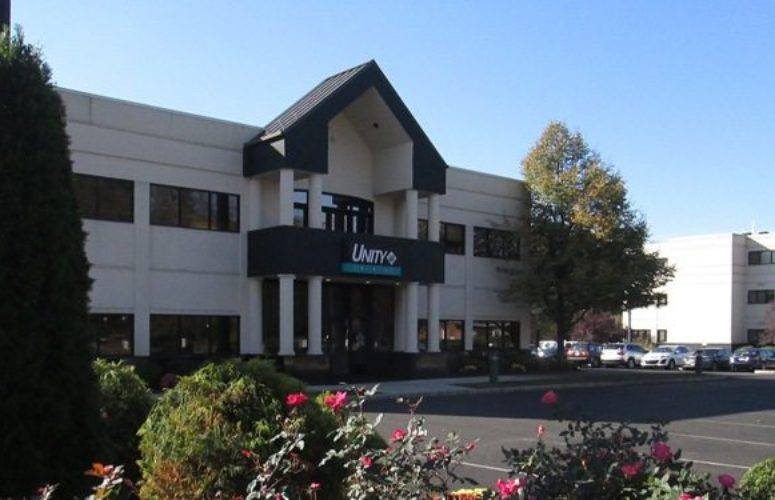
Solar Development and EV Charging Bills Signed
By Anthony Birritteri, Editor-in-Chief On Jul 9, 2021The Murphy administration took a few more steps today toward its goal of achieving 100% clean energy usage by 2050 with the signing of four bills that encompass solar energy generation and the growth of electric vehicle (EV) charging stations.
At a Seaside Heights ceremony this afternoon, the governor said New Jersey has just put forward the most aggressive plan of any state in the nation to move away from fossil fuels and toward a future based on clean energy and renewable energy technologies.
Bill A-4554 establishes a successor program to the solar renewable energy certificate program within the New Jersey Board of Public Utilities, including establishing a solicitation process for certain solar power generation facilities.
“The so called SREC II [program] will ensure stability in our solar energy marketplace and provide the financial incentives needed to allow more homeowners and businesses to go solar. It will welcome a new frontier as New Jersey expands opportunities for more large-scale solar,” Murphy said
The New Jersey Business & Industry Association (NJBIA) supported the bill and efforts to promote utility scale solar to address clean energy goals, but remained concerned that not all stakeholder concerns were addressed, including costs and retaining New Jersey jobs.
Two bills signed today are designed to boost installation of EV charging stations: S-3223, which establishes numerical requirements and zoning standards for the installation of EV supply equipment and Make-Ready parking spaces; and A-1653, which encourages development of zero-emission vehicle fueling and charging infrastructure in redevelopment projects.
“These bills streamline the local planning and zoning processes,” said Senator Bob Smith, chair of the State Senate Environment and Energy Committee. “They make charging infrastructure a permitted accessory use in all zones and sets up a process through zoning departments in which you don’t have to go through a planning or zoning board.”
NJBIA supported S-3223 because it simplifies the zoning process at the municipal level for the installation of EV charging stations.
Assemblyman Dan Benson commented that when new parking lots are built, “every one of them will have the conduit and the wiring for EV chargers.”
“More importantly, we are going to have mandates for charging stations over the next 10 years in residential communities because we know much of EV charging happens at home. If there isn’t a charging station by where you live, you aren’t going to buy an electric vehicle,” Benson said.
Meanwhile, A-5434 establishes a dual-use solar project pilot program for unpreserved farmland. It allows land used for dual-use solar projects to be eligible for farmland assessment under certain conditions.
Explaining the dual-use solar concept on farmland, Smith said solar panels will stand 12 feet off the ground and be more spread apart, as opposed to typical land solar installations. This will allow for animals to graze on the land or for crops to be grown, while clean energy is generated. This three-year pilot program is expected to generate 200MW of electricity.
There is also a component of the bill that allows for larger grid-scale solar projects on unpreserved farmland. Smith said a compromise was reached with the State Department of Agriculture in which 400,000 acres, rather than up to 800,000 acres, will be set aside for this purpose.
Murphy thanked members of the Legislature plus state, county and local officials who played key roles in creating and supporting the four bills.
“This is a whole of government and whole New Jersey effort. Clean air and meaningfully doing our part in the fight against climate change is not political. … It is existential. There are few states expected to be as impacted by climate change and by warmer temperatures and rising sea levels as New Jersey. It is a direct threat not just to our shore communities, but also to our long agricultural history and cherished farming heritage. … Let’s embrace this moment and keep pushing forward with new ideas to spur new technologies,” he said.
To access more business news, visit NJB News Now.
Related Articles:





